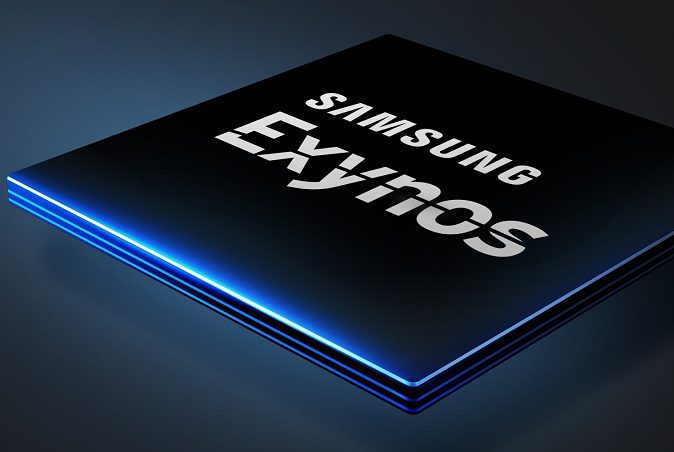Back in 2017, Samsung announced its chip production plans stretching from 10nm to 4nm. Already, the 10nm and 7nm processes have been utilised with the 5nm chip expected to debut soon. Samsung‘s next-gen flagship processor known as Exynos 992 will reportedly be manufactured using the 5nm process. The mass production is billed to kick off in August with the Galaxy Note 20 series tipped to be the first Samsung series to use the SoC.
A new report published by DigiTimes and credited to industry sources says that Samsung may be planning against investing in the 4nm node. Instead, the Korean giant will jump from the 5nm process to 3nm. That’s the complete opposite of what TSMC is planning, and with its 4nm N4 process expected to be complete by 2023, it will give the Taiwanese firm’s partners ample options to choose from. TSMC has also reportedly secured a $20 billion investment for its 3nm chip production facility, with a report stating that it should be operational by 2022.
Though Samsung is the only manufacturer that can keep up with TSMC in terms of technology, it continues to lag behind in terms of progression. TSMC has already secured orders from the likes of Apple, Qualcomm, and Huawei, though Samsung has appeared to have made some form of ground. It was recently reported that Samsung has been given some orders to mass produce 5nm chips for Qualcomm’s Snapdragon X60 5G modem. Some orders will reportedly be given to TSMC too in order to minimize risk, gain better pricing leverage, and complete shipments in a given timeframe.
We expect Samsung to maintain its 5nm production throughout 2021, which is the year when the company is rumoured to release the Exynos 1000. While jumping straight to 3nm tech will mean Samsung will be able to direct more resources in an improved and efficient node, it also means the company may lose out on tons of orders from potential partners, who now probably view TSMC as a better option thanks to its upcoming 4nm technology.
UP NEXT: Xiaomi Mi Band 5 Review: A Worthy Upgrade to the Mi Band 4
(source)







